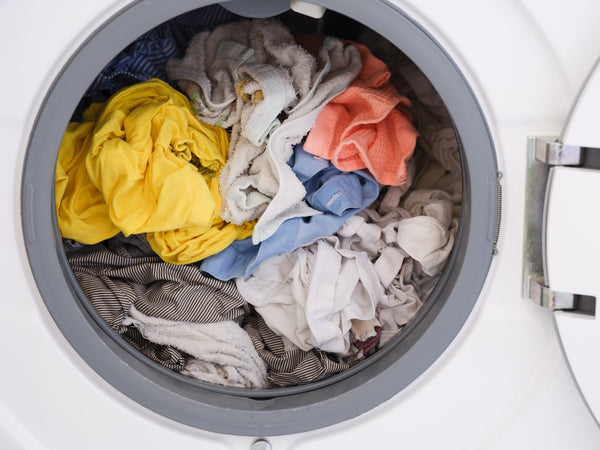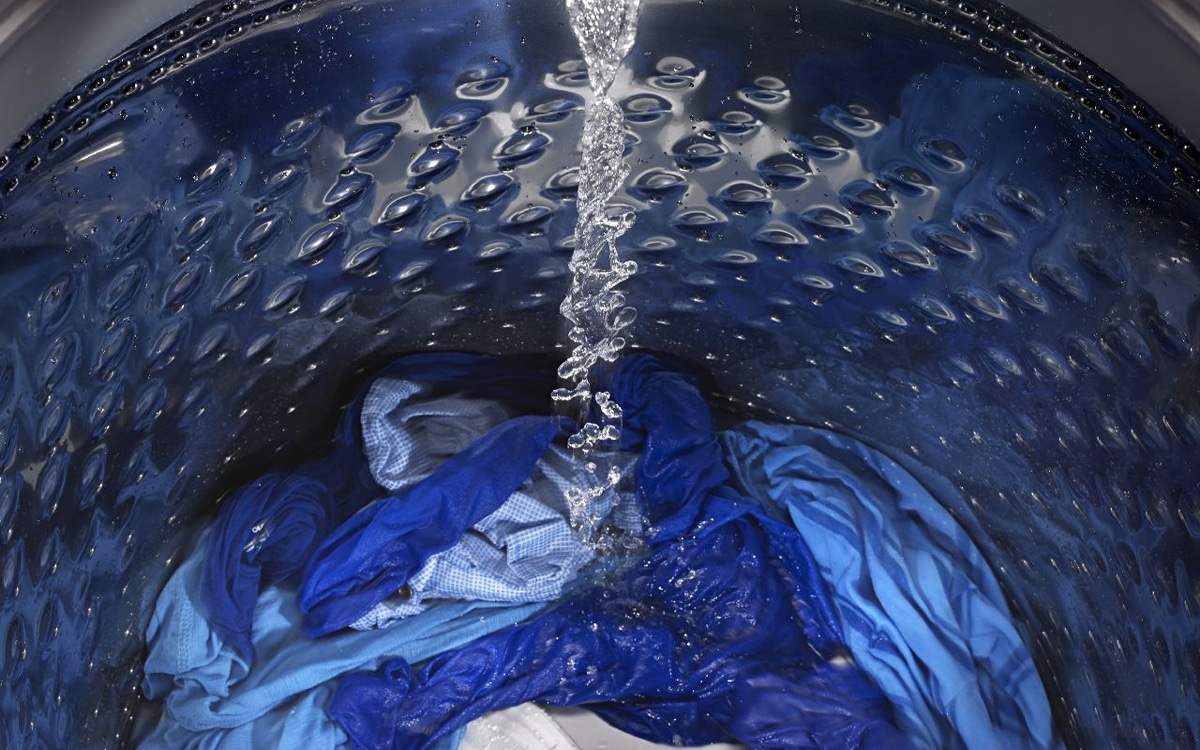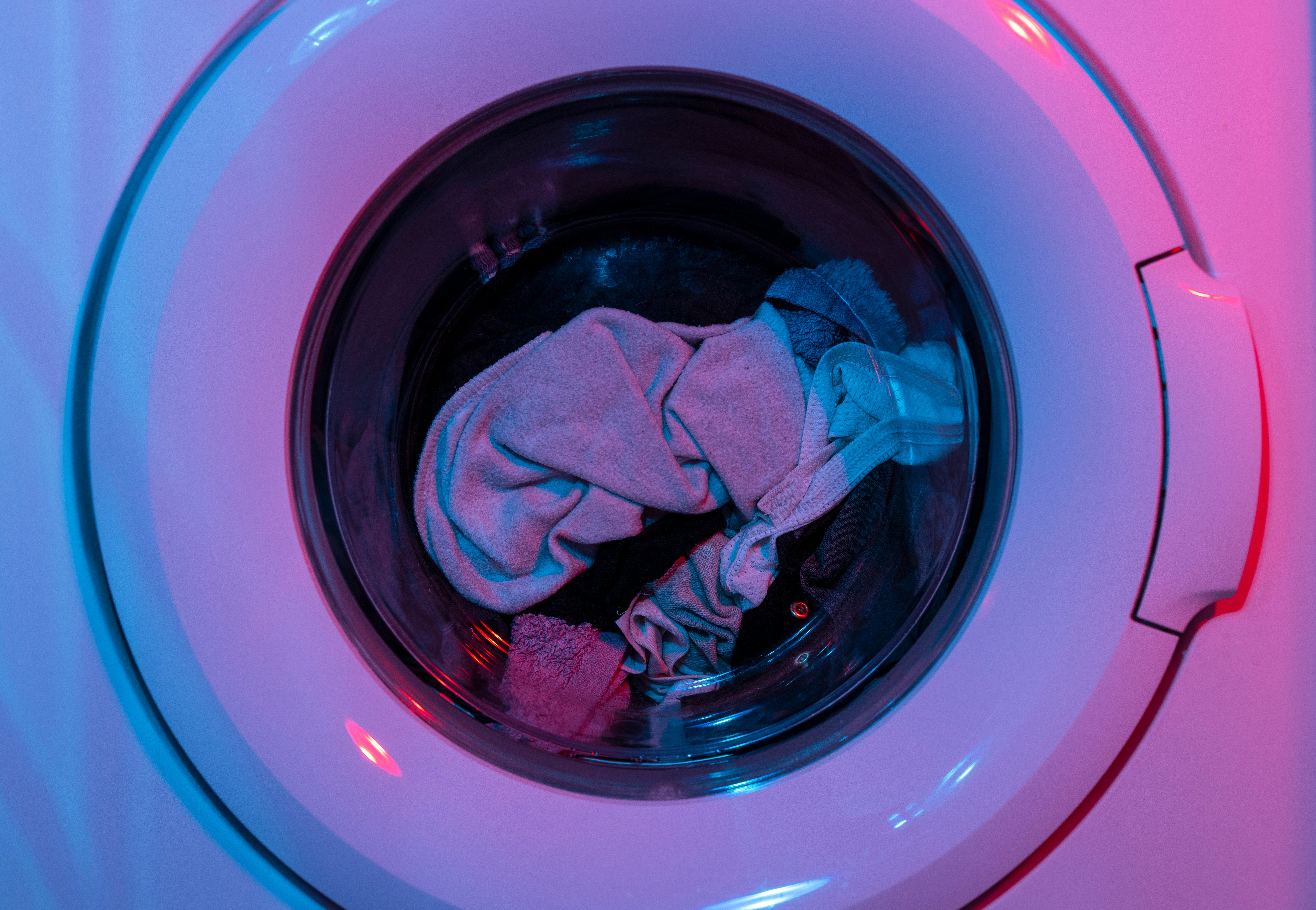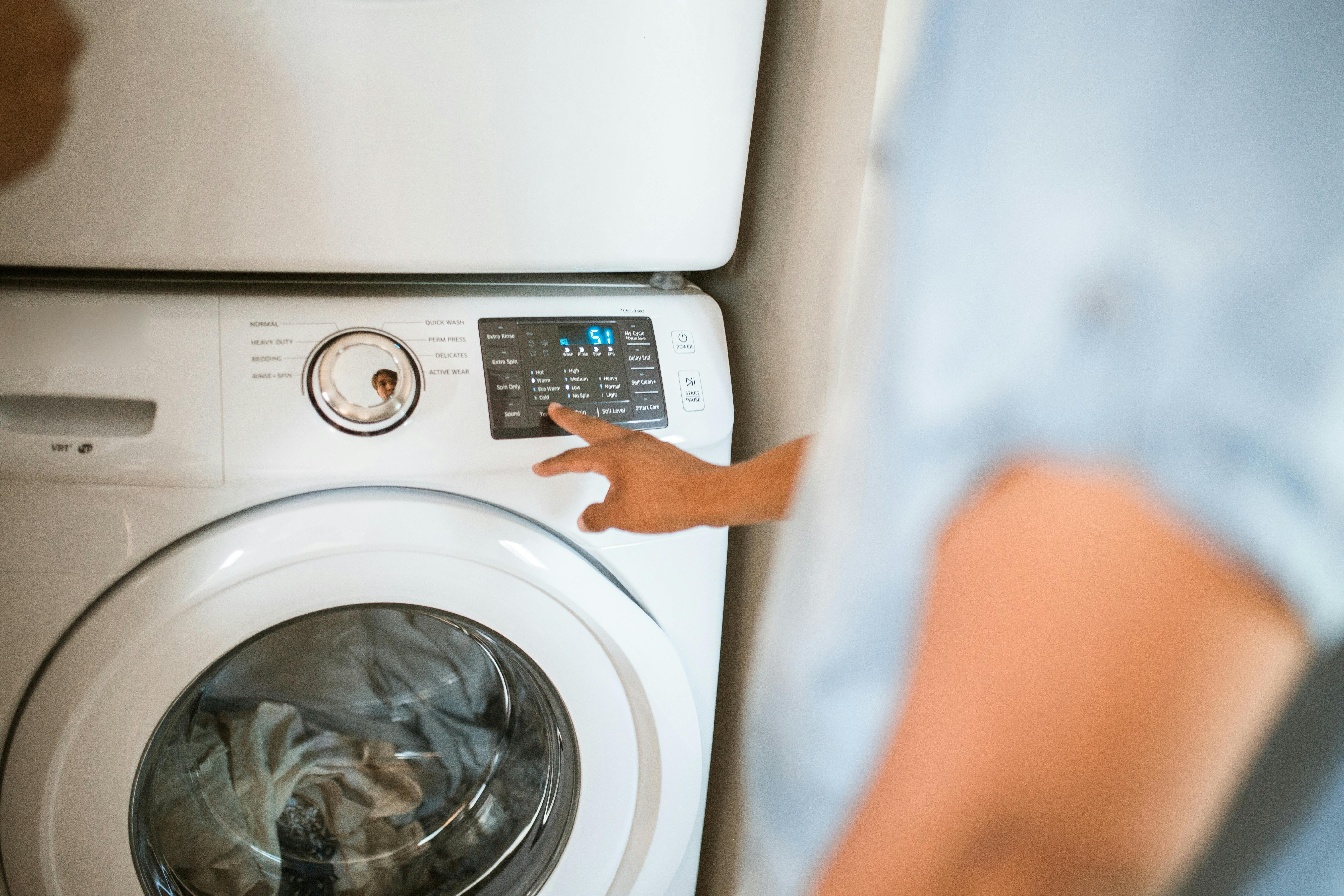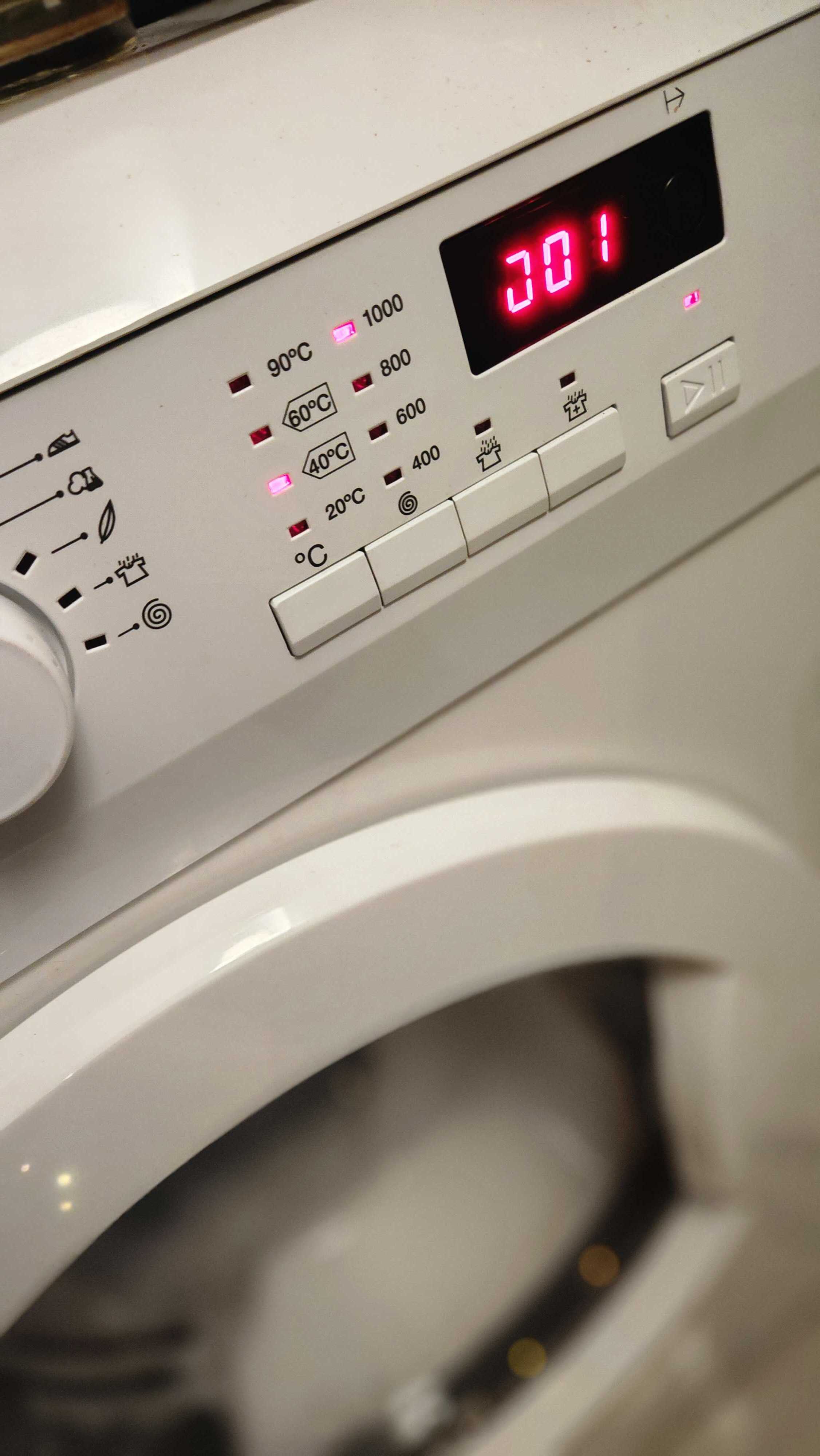Here's Why Your Washing Machine Lies About How Long Your Laundry Will Take
Why is five more minutes never just five more minutes? D:
We've all been there: you load your washing machine, set it to the desired cycle, and it assures you that it will be done in 45 minutes
But as the minutes tick away, you notice the timer seems to stall or even extend the cycle. What was supposed to be a quick wash is now running into an hour or more.
Why does your washing machine lie about the time it takes to finish your laundry?
As it turns out, there's more going on behind the scenes than you might think.
Here are a few reasons why washing machine time estimates aren't always accurate:
1. Load size and weight detection
Modern washing machines are equipped with sensors designed to adjust the wash cycle based on the weight and size of the load. These sensors determine how much water is needed and whether the load is balanced for the spin cycle.
If you've packed in a heavy load — think towels, blankets, or jeans — the machine may reassess the cycle and adjust the time accordingly.
While the initial time estimate might have been based on an average load, once the machine detects a heavier or bulkier one, it compensates by extending the wash, rinse, or spin cycle to ensure everything gets cleaned and rinsed properly.
2. Water pressure fluctuations
Washing machines need a certain amount of water to fill before starting or continuing the wash. If your home's water pressure is lower than usual, the machine will take longer to fill, delaying the next steps of the cycle.
Because most washing machines don't factor in water pressure when providing a time estimate, they can't account for these delays. If your machine is taking longer to fill, the overall wash time will extend without warning.
3. Unbalanced loads
An unbalanced load occurs when clothes become bunched up or positioned unevenly in the drum, causing the machine to shake excessively during the spin cycle. Modern washing machines are equipped with sensors to detect this imbalance, and when it happens, the machine will automatically pause, redistribute the load, and attempt to spin again.
This process can happen several times before the machine achieves balance, leading to significant delays. So, if you've packed in heavy items like towels or bedsheets, which tend to tangle easily, expect the cycle time to increase as the machine works to balance the load.
4. Temperature adjustments
If your washing machine is set to use hot water, it may need to heat the water to the desired temperature before continuing the cycle. If your home's water heater is slow to deliver hot water or if the water temperature fluctuates, the machine will take longer to heat it up, extending the overall cycle.
Similarly, if the machine detects that the water isn't as hot or cold as required, it may pause or slow down until it reaches the correct temperature for that specific wash setting.
5. Advanced sensors can be inaccurate
While modern washing machines come with all sorts of smart sensors to optimise energy and water usage, the time estimates they provide are still just that — estimates. These initial predictions are based on perfect conditions: an average load, ideal water pressure, no imbalances, and a steady water temperature.
However, real-life conditions rarely match these ideal scenarios, leading to recalculations as the cycle progresses. The washing machine might adjust the time multiple times during a single wash, depending on changes in the load or environment.
6. Special features that adjust cycles
Many high-efficiency washers come with eco-friendly or energy-saving modes. While these modes can save water and electricity, they often result in longer cycles.
Some machines may also have additional features like extra rinses or extended spin cycles that kick in automatically if the machine detects too much detergent or residue.
These features add time to the overall wash without your knowledge, leading to that frustrating "time creep".
Although washing machines can't always deliver accurate time estimates, there are a few things you can do to minimise delays:
- Don't overload the machine. Overloading causes unbalanced loads and may trigger more recalculations and cycle adjustments.
- Check your water pressure. If your home has low water pressure, it might be worth investigating whether you can improve it.
- Distribute your load evenly. When loading the machine, try to balance heavier items with lighter ones to prevent tangling and unbalancing.
- Use appropriate settings. If you don't need a hot wash or extra rinses, choose a simpler setting to avoid additional adjustments.
Although it might feel like your washing machine is lying, it's really just reacting to changes in real-time. The sensors and smart features help improve cleaning, but they don't always give accurate time estimates.
So, when your machine adjusts its cycle, know there's a reason for it, even if it means waiting a little longer for your laundry.

